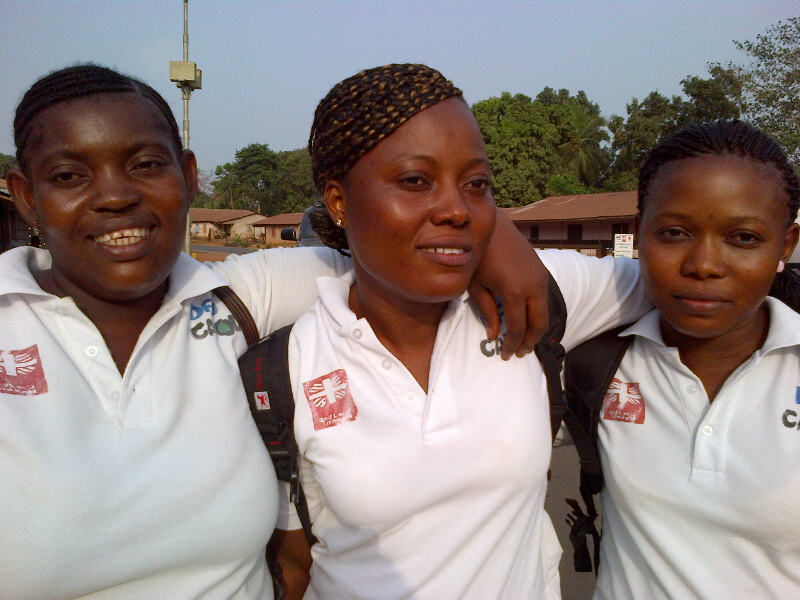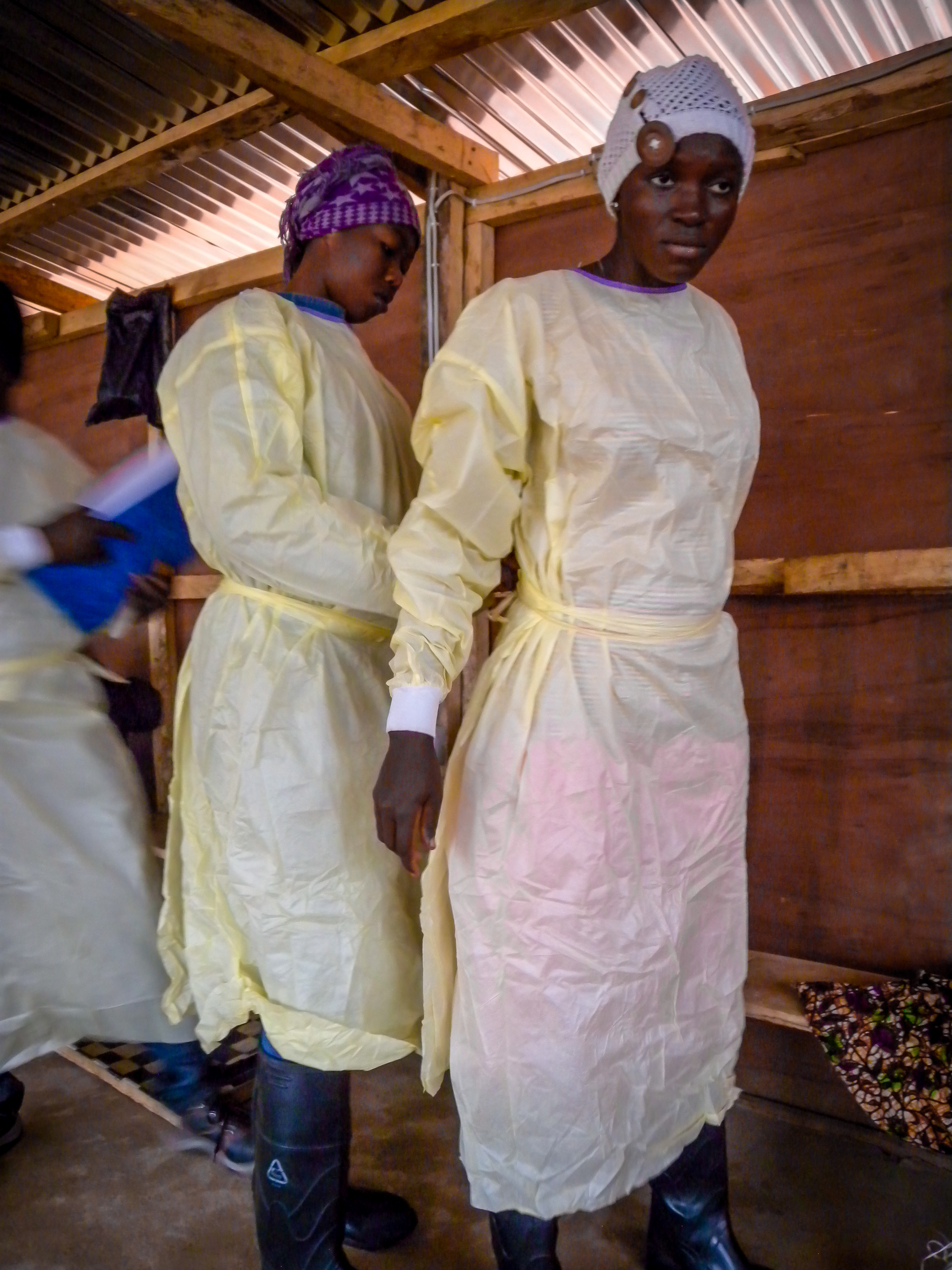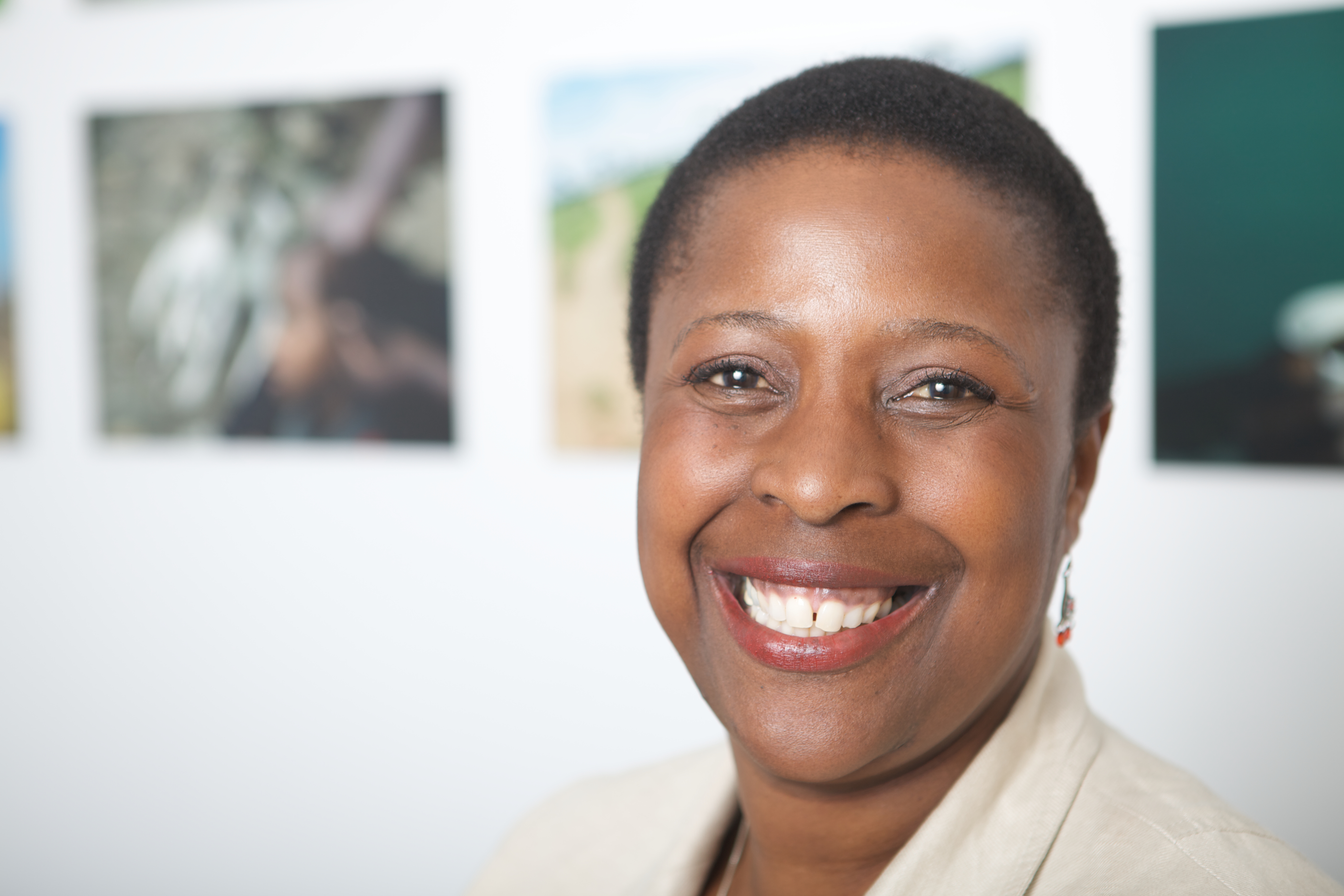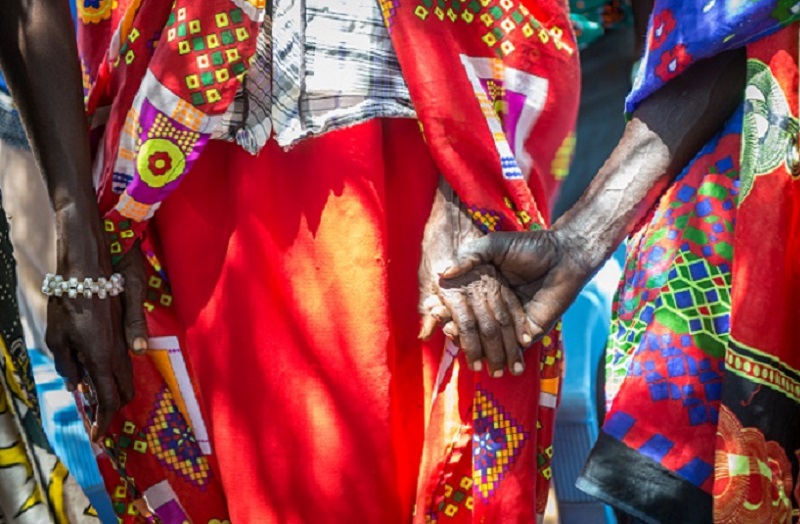Ebola crisis: we are the foot soldiers
April 22, 2015
Please pray for all those affected by the Ebola virus
In her second blog from Sierra Leone, Nana Anto-Awuakye writes about a volunteer burial team on the front line of the fight against Ebola.
We leave behind the bustle of Sierra Leone’s capital Freetown, where the Ebola prevention posters plastered across all available wall space, and on cars and motorbikes, are now looking tattered and faded.
The landscape changes from precarious half-built houses perched on the hillsides surrounding the city, to lush green savannah grasslands.
We are heading to Kambia in the north-east of the country, a district that became a hotspot as the Ebola epidemic gripped the country last year. Sandwiched between the urban district of Port Loko to the south and the border with Guinea – where the virus started – to the north, the odds seem stacked against this unassuming town.
But an amazing partnership has developed here between the Sierra Leonean Ministry of Health, local volunteers – including teachers, students and farmers – and CAFOD, to form the Safe and Dignified Burial team of Kambia. Together they have refused to be overwhelmed by the odds stacked against them.
Burial volunteers
On a piece of land the size of two football pitches is an important part of the operation – the Kambia Ebola Response Fleet site, managed by CAFOD and its local partner Caritas Makeni. Continue reading “Ebola crisis: we are the foot soldiers”






